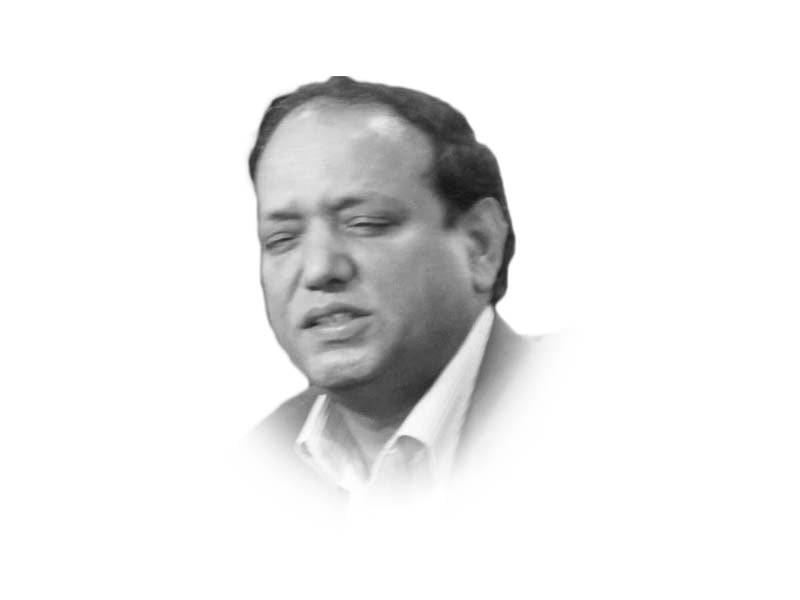
The two human conditions that the sighted people love to equate with blindness are stupidity and ignorance. We often find expressions like “even blind can see the wisdom of....” and “it is clear even to a blind that…” being used to drive home the point which is ‘obvious’ to the person making it but being overlooked by others. Ironically, notwithstanding the merit of the argument being made, the person using these pathetic expressions himself or herself comes across as a stupid and insensitive person from the standpoint of a blind person. The problem with these expressions is that people with the disability of being blind are depicted as stupid or ignorant — simply because of a physical condition. Try convincing the blind that actually, it is the law of unintended consequences that the blind have to face collateral damage in these wars of by sighted intellectuals. Wars, ironically, which are against the ignorance and stupidity prevalent in the world.
Someone rightly said that the path to hell is paved with good intentions. It is all the more problematic when such insensitive expressions are disseminated through mass media. Some years ago, a TV channel aired a public service message which illustrates deeply engrained notions of the sighted about the blind. The message included a sentence: ‘Taleem ke beghair insaan andha, goonga aur behra hota hai’. (Without education, a person is half-blind, deaf and dumb). Could there be any other noble message being conveyed so pathetically? To begin with, disability rights activists are trying to discard the use of insensitive and disparaging words like andha, goonga and behra and are advocating the use of terms like nabeena, and quwat-e-samaat aur goyaee se mazoor afraad. More importantly, using disability conditions in offensive symbology, often to spread positive messages about the value of education, instead of combating ignorance, is actually making people more unenlightened by reinforcing negative perceptions about persons with disabilities. What is actually being conveyed here is that without education, a person is as worse off as those with visual, speech and hearing impairments — as if there is something inherently wrong with the disabled because of their impairments, as if their intellectual faculties are mediocre.
The government is not far behind at least in the area of linguistic aggressions against the disabled. In the 1998 census, persons with disabilities were referred to as ‘crippled, deaf and dumb’. Recently, Muhammad Shabbir Awan, a blind friend, shared how the Punjab Government’s Recruitment Policy for Educators 2014 mentions a two per cent quota for persons with disabilities, but ironically bars the very people from applying for the posts through its terms and conditions. On page three, the policy states: "Under disabled persons' quota, blind, deaf or dumb candidates will not be eligible to apply." Apart from the insensitive words, the policy also adds that, "disability should not hinder mobility". Whatever that means.
There is a whole body of words, idioms, proverbs, folklores and jokes — all of it sewn tightly to our fabric of vocabulary — that contribute to covert, personal onslaughts against the blind and other persons with disabilities. Owing to space constraints, I have shared only a few expressions here. The use of such expressions which reinforce negative perceptions against the disabled will have to be neutralised. Teachers, opinion leaders, content managers, editors and writers can play a significant role in discarding expressions that hurt the cause of the disabled. The government needs to revisit textbooks and teaching material for the children and dispense with all expressions that are in any way degrading for persons with disabilities.
Published in The Express Tribune, April 28th, 2015.
Like Opinion & Editorial on Facebook, follow @ETOpEd on Twitter to receive all updates on all our daily pieces.


1725443747-0/Untitled-design-(5)1725443747-0-165x106.webp)











COMMENTS (1)
Comments are moderated and generally will be posted if they are on-topic and not abusive.
For more information, please see our Comments FAQ